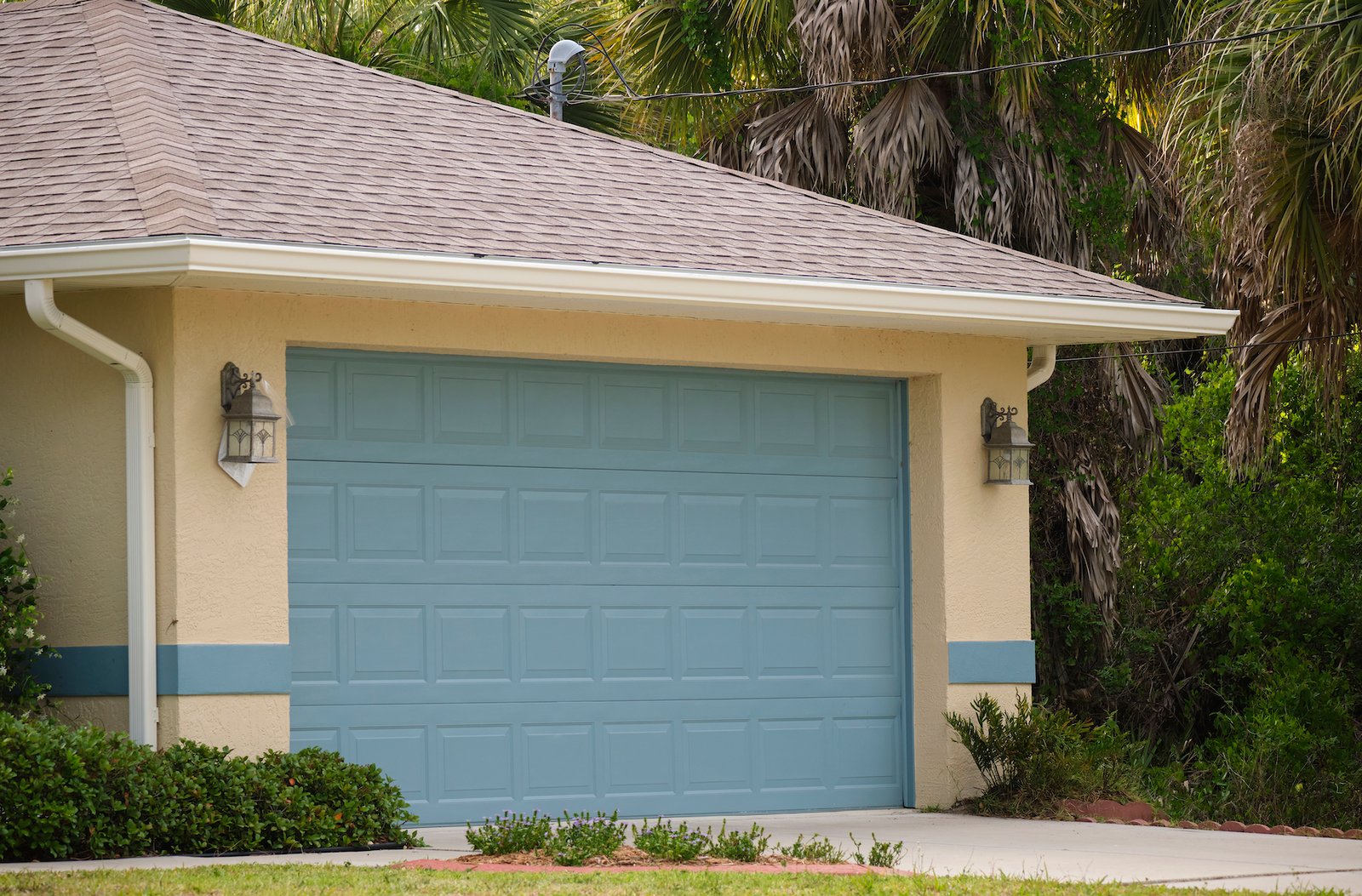Welcome to our latest blog post where we dive into the common issues that might plague your home’s garage door and how you can spot them before they turn into bigger problems. Everyone relies on their garage door for safety and convenience, but just like any other part of your home, it requires regular check-ups to stay in top shape. At our company, we understand how crucial a fully functional garage door is to your daily routines.
With that in mind, we’ll walk you through the specific signs of wear and tear to watch for, the meanings behind various garage door noises, some quick fixes you can apply yourself, and when it’s necessary to call in the professionals. Keeping your garage door in excellent working condition ensures your safety and extends its components’ overall lifespan.
So, whether you’re hearing odd noises or just want to stay ahead of maintenance, this article will provide you with practical tips to manage your garage door effectively. With our years of expertise, we’re here to help you maintain a safe and smooth-operating garage door.
Identifying Signs of Wear and Tear on Your Garage Door
One of the first things we look for when checking a garage door is visible wear and tear that can signal more serious underlying problems. Key indicators include sagging sections of the door, which might suggest weakened springs or damaged panels. Additionally, rust formation on the tracks, hinges, and springs can lead not only to operational inefficiencies but also safety hazards. Regular check-ups can catch these minor issues before they escalate.
Another sign of wear and tear is the erosion of sealants around the door edges, which can increase your energy costs as the garage loses its ability to keep the weather out. Peeling paint or an unusually rough operation during door movements can also indicate that parts are starting to wear out. It’s crucial for homeowners to visually inspect their garage doors regularly, looking specifically for these signs so we can get ahead of bigger problems.
Understanding the Sounds: What Noises Mean for Your Garage Door
Garage doors generally make a low hum when operated, but unusual noises can be the first clue to potential issues needing attention. A grinding sound often points to problems with the rollers or tracks, where inadequate lubrication or accumulated debris impedes smooth movement. Persistent squeaking might reveal misalignment in the springs or hinges that require adjustment.
On the other hand, a rattling sound suggests that some bolts and screws have loosened over time, which affects the stability of the whole system. To differentiate these sounds, we recommend operating the door a few times while listening closely. This simple routine can help detect early signs of operational issues that could worsen if neglected. By identifying and addressing these unusual noises quickly, we ensure the longevity and safety of your garage door system, keeping it running smoothly and quietly.
Quick Fixes You Can Do at Home for Your Garage Door
Sometimes, maintaining your garage door doesn’t require a professional touch, and there are several quick fixes you can do yourself to keep it operating smoothly. First, regularly lubricating the moving parts, including rollers, hinges, and tracks, can prevent many issues related to noise and resistance. Use a silicone-based lubricant rather than a grease-based one, as grease tends to collect dirt that can clog the mechanisms.
Another simple but effective maintenance task is tightening up the hardware. Over time, the vibration caused by the door’s movement can loosen screws and bolts. Take a wrench or a socket set and snug up any components that have gotten loose, but avoid over-tightening, which can strip the threads or damage the parts.
When to Call the Professionals: Recognizing Serious Garage Door Issues
While many minor garage door problems can be fixed at home, there are certain situations where calling in professionals is advised. If your garage door shows signs of significant damage, such as severe dents or broken panels, these can affect the operation and safety of the door and should be addressed by skilled technicians. Also, if the door is off its tracks, attempting to fix it yourself can be dangerous.
Complex components like torsion springs are under a lot of tension, and tampering with them without the proper tools and expertise can result in injury. We also recommend professional help if you notice irregular opening and closing, which could be a symptom of a faulty garage door opener or sensor misalignment. These issues require precise tools and knowledge to ensure the door returns to full functionality and safety.
The Essential Guide to Spotting Common Garage Door Issues
Taking good care of your garage door not only ensures smoother operation but also extends the system’s lifespan and enhances the safety of your household. Regular inspections for wear and tear and listening for unusual noises can help in early detection of potential problems.
Simple at-home maintenance like lubrication and tightening loose hardware are great ways to keep your door running well. However, recognising when a problem requires professional intervention is key to maintaining optimal performance and safety.
If you ever find yourself uncertain about a particular issue or need more complex repairs, especially those involving critical mechanisms like the opener system or torsion springs, remember that we are here to help.
At Prime Garage Door, we’re committed to providing you with top-notch service and expert advice. For any garage door repair or installation needs in Mississauga, don’t hesitate to contact us directly. We’ll ensure your garage door is in the best hands, operating safely and efficiently.

